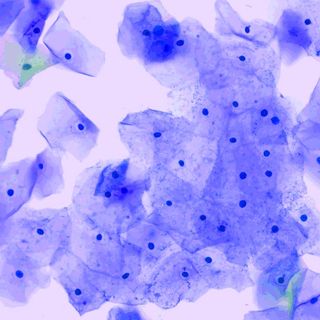In a move that has raised a few eyebrows, the World Health Organization (WHO) has now classified compulsive sexual behaviour as a mental health disorder, in the latest edition of its International Classification of Diseases (ICD-11).
Colloquially known as ‘sex addiction,’ the impulse control disorder is “characterized by a persistent pattern of failure to control intense, repetitive sexual impulses or urges resulting in repetitive sexual behaviour.” However, WHO adds that compulsive behavior can only be considered a disorder if it persists for more than six months and is characterized by “marked distress or significant impairment in personal, family, social, educational, occupational, or other important areas of functioning.”
Which means that while sex addiction figures in popular consciousness as accumulating an ever-higher number of sexual partners, compulsive sexual behavior disorder is not about quantity, so much as it is about an internal coercion or drive that gets in the way of normal living.
Interestingly, the American Psychiatric Association (APA) has rejected the diagnosis of compulsive sexual behavior disorder, and has not been included it in the latest and fifth edition of its Diagnostic and Statistical Manual of Mental Disorders (DSM-5). According to the APA, addiction is a complex brain disease “manifested by compulsive substance use despite harmful consequence” and stemming from changes in the wiring of a person’s brain. Many argue that activity addiction — like gaming disorder or compulsive sexual behavior disorder — cannot be considered a disorder in the same way as alcohol and drug addiction. Others argue that those who suffer from sex addiction exhibit brain activity similar to those who are addicted to substances.
The controversy behind compulsive sexual behavior disorder lies not only in the lack of a broadly acceptable definition, but also in the lack of substantial research or evidence to explain its cause and existence.
“For centuries, people have been trying to understand what is the cause of hypersexuality. It has been called all sorts of names over the years, but it’s really only been in the last 40 years that we’ve tried to understand it from an academic perspective,” Dr. Timothy Fong, a clinical professor of psychiatry at the Semel Institute for Neuroscience and Human Behavior at the University of California, told CNN.
As debate rages, the WHO’s move may do more for motivating further research on the disorder, and human sexuality in general, than it does for individual diagnosis. But perhaps that was the point?




